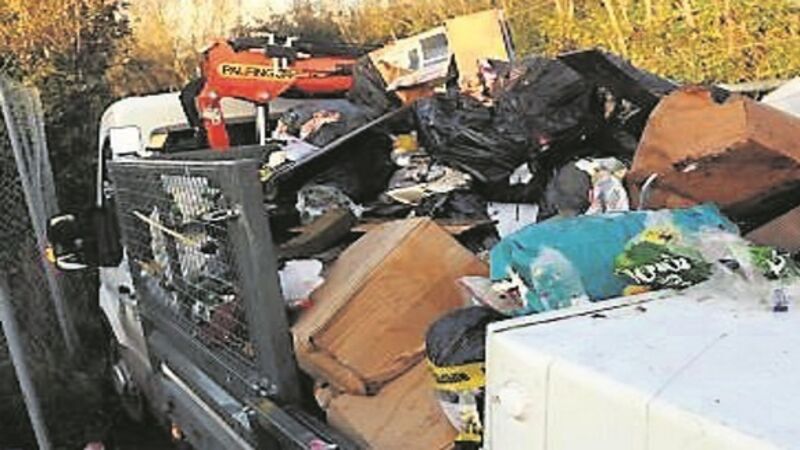Fly-tipping tops complaints to tip-off hotline

Statistics provided by the Environmental Protection Agency (EPA) showed that 1,600 calls were made to the National Environmental Complaints Line (NECL) last year.
Of those, 57% involved members of the public complaining about the illegal dumping of up to 20 bags of rubbish.













